Mozambique: Police officers involved in killing child will be dismissed - Watch
Mozambique: Doctors Without Borders provide psychological support to families of victims of shipwreck in Nampula
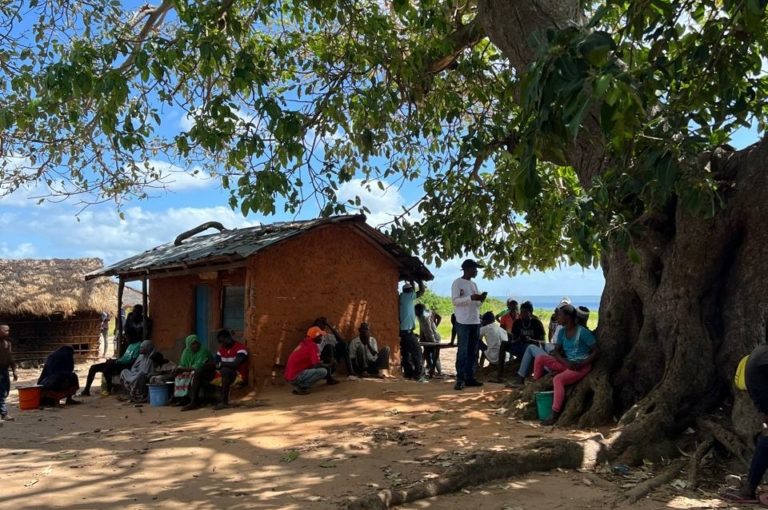
FILE - Professionals from MSF providing support to relatives who lost loved ones in the Nampula shipwreck tragedy. [File photo: MSF/©Claudia Colcerniani]
A team from Doctors Without Borders (MSF) provided initial psychological care to the families of the victims of the shipwreck that left about 100 people dead on April 7 in the province of Nampula, northern Mozambique. Additionally, the MSF team offered health promotion training to 15 community leaders.
“Being able to express feelings and have someone to listen to them was a crucial first step.” – Claudia Colcerniani, MSF Mental Health Activities Coordinator. The shipwreck victims were attempting to flee to an island in Nampula due to panic caused by rumors of a cholera outbreak in their communities.
According to local authorities, the boat was overcrowded, with about 130 people on board. Among the accident victims, 55 were children. The death toll may be even higher, as there are still missing individuals.
MSF teams visited three communities: Quivulane, Muanangome, and Necotia, located in a hard-to-reach area in Lunga, where the families of the victims reside. These communities are isolated from the rest of Nampula province due to damage caused by Cyclone Gombe – the storm destroyed several roads leading to Lunga.
In these communities, there is no public transportation, and the population uses boats as the main means of transport. The nearest health facility is 14 kilometers away. Over five days, the MSF team conducted over 20 counseling sessions, including individual and group sessions, to support those affected by the tragedy.
Ana Mafalda Chissano, MSF Nursing Activities Coordinator, explained that some people lost almost all their family members in the tragedy. In one family, 14 out of 17 children died. Another woman recounted losing her daughter and six grandchildren, while others reported losing all their friends.
The presence of very few women and children caught the team’s attention in the community, as these two groups were the biggest victims of the shipwreck.
Many people in the communities are traumatized by the tragedy and are still trying to cope with it.
Some have nightmares, others have difficulty eating or sleeping. Some people say that every time they try to sleep, they see the waves, the sunset of the accident moment, they see the bodies and faces of their relatives who died in the tragedy.
Ana Mafalda vividly remembers a boy who guided the MSF team to the homes of people who lost loved ones, so they could receive support from MSF.
“The boy knew how many friends and brothers he had lost,” Ana Mafalda said. “When we arrived, the adults in the community told us that only three families had been affected by the situation. But then, a boy came to us. He was between 6 and 7 years old. He led us from house to house, showing us where the families of the people who had died lived,” she said. I imagined what could be going on in that child’s mind… It’s very traumatic. He knew how many friends, how many cousins, how many brothers he had lost. So, he could point out: ‘in that house one person died, in that house another person died’.” – Ana Mafalda Chissano, MSF Nursing Activities Coordinator.
Claudia Colcerniani, MSF Mental Health Activities Coordinator, was proud of what the team was able to achieve in a few days and of the resilience shown by the Lunga community. “Being able to express feelings and have someone to listen to them was a crucial first step,” Claudia said. But for some community members, it still takes time for them to open up and share their experiences, as they are still fresh in their minds.
The MSF team believes that the community still needs more support. Furthermore, we also identified the need to provide information about cholera and other diseases to the population. The goal is to dispel rumors and myths and thus prevent a similar situation in the future.



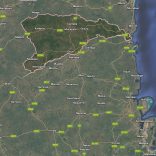


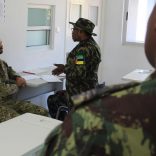
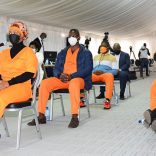


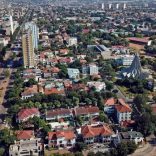

Leave a Reply
Be the First to Comment!
You must be logged in to post a comment.
You must be logged in to post a comment.